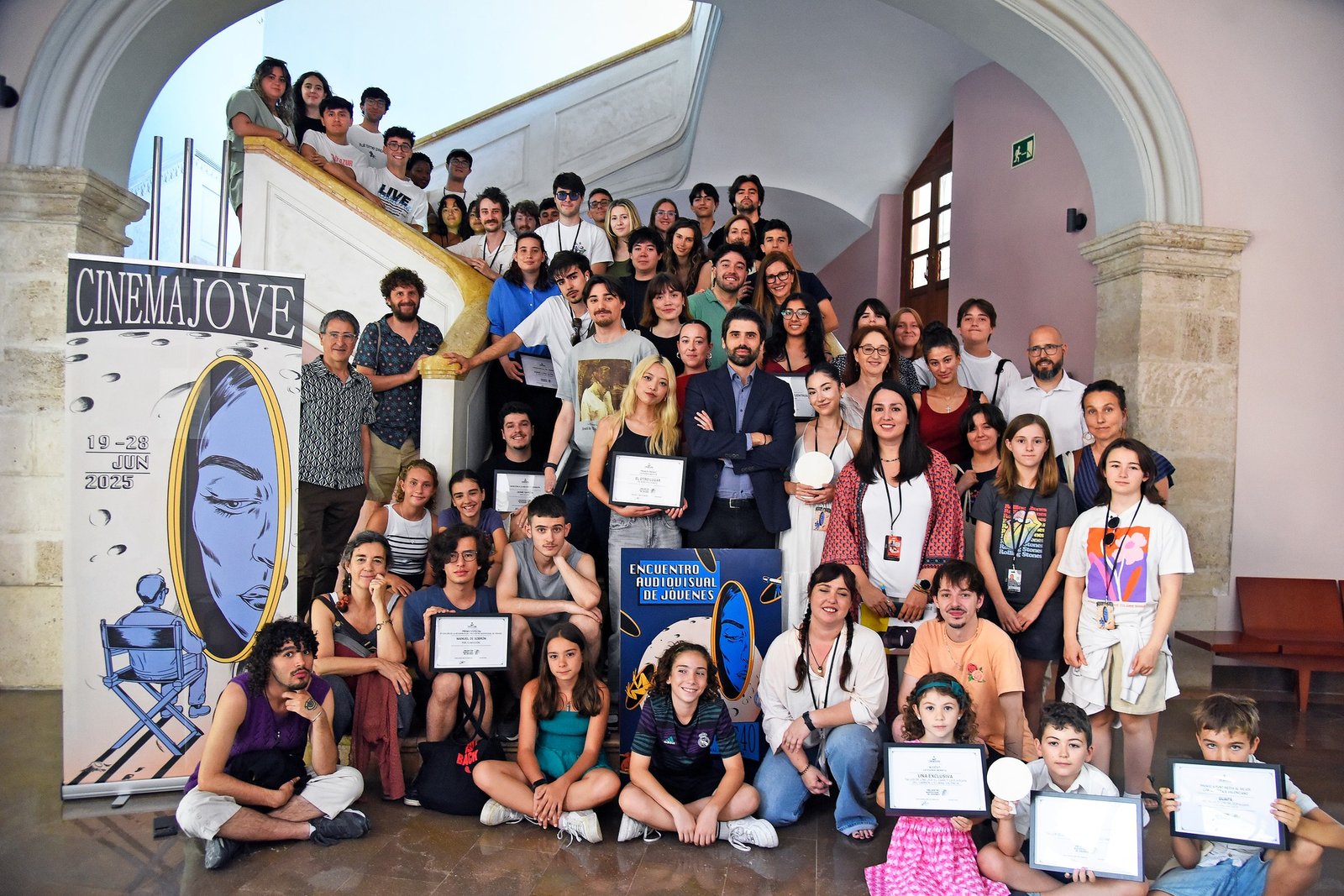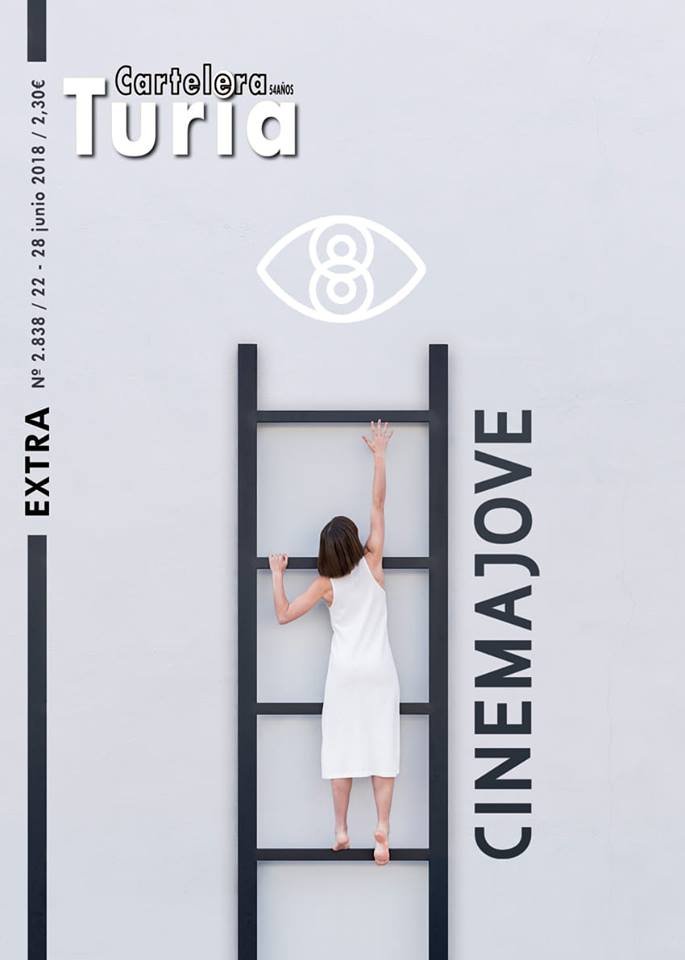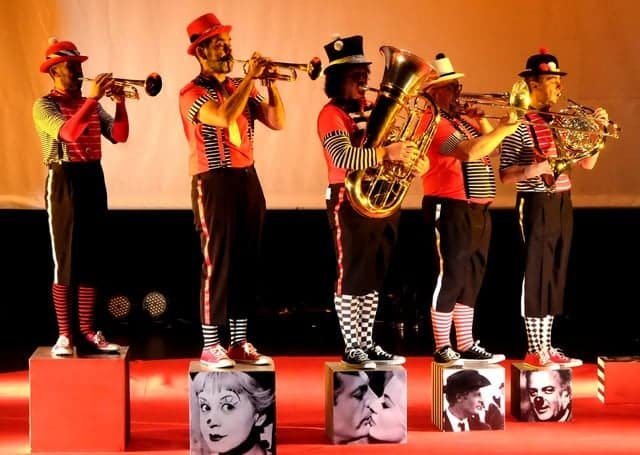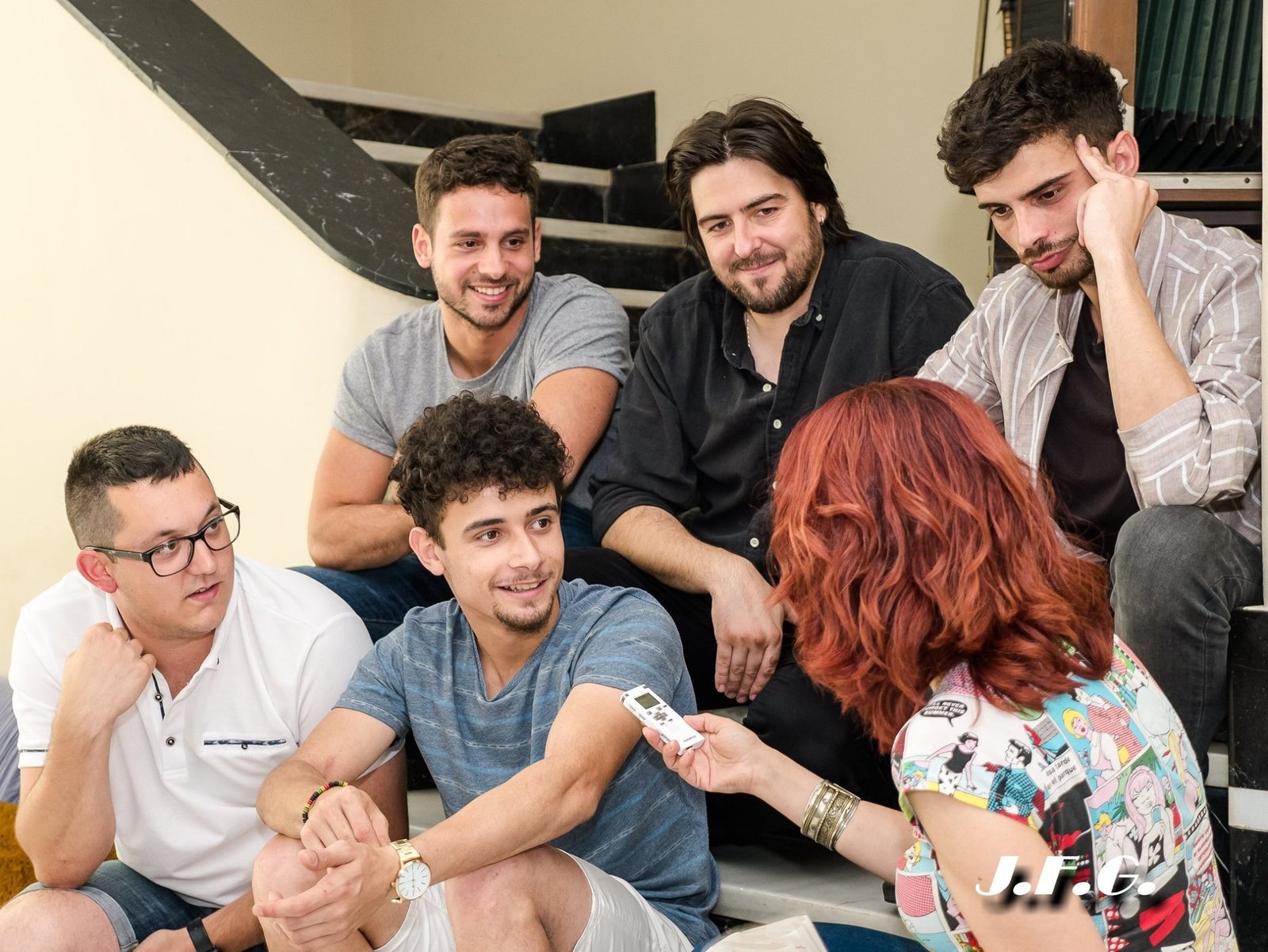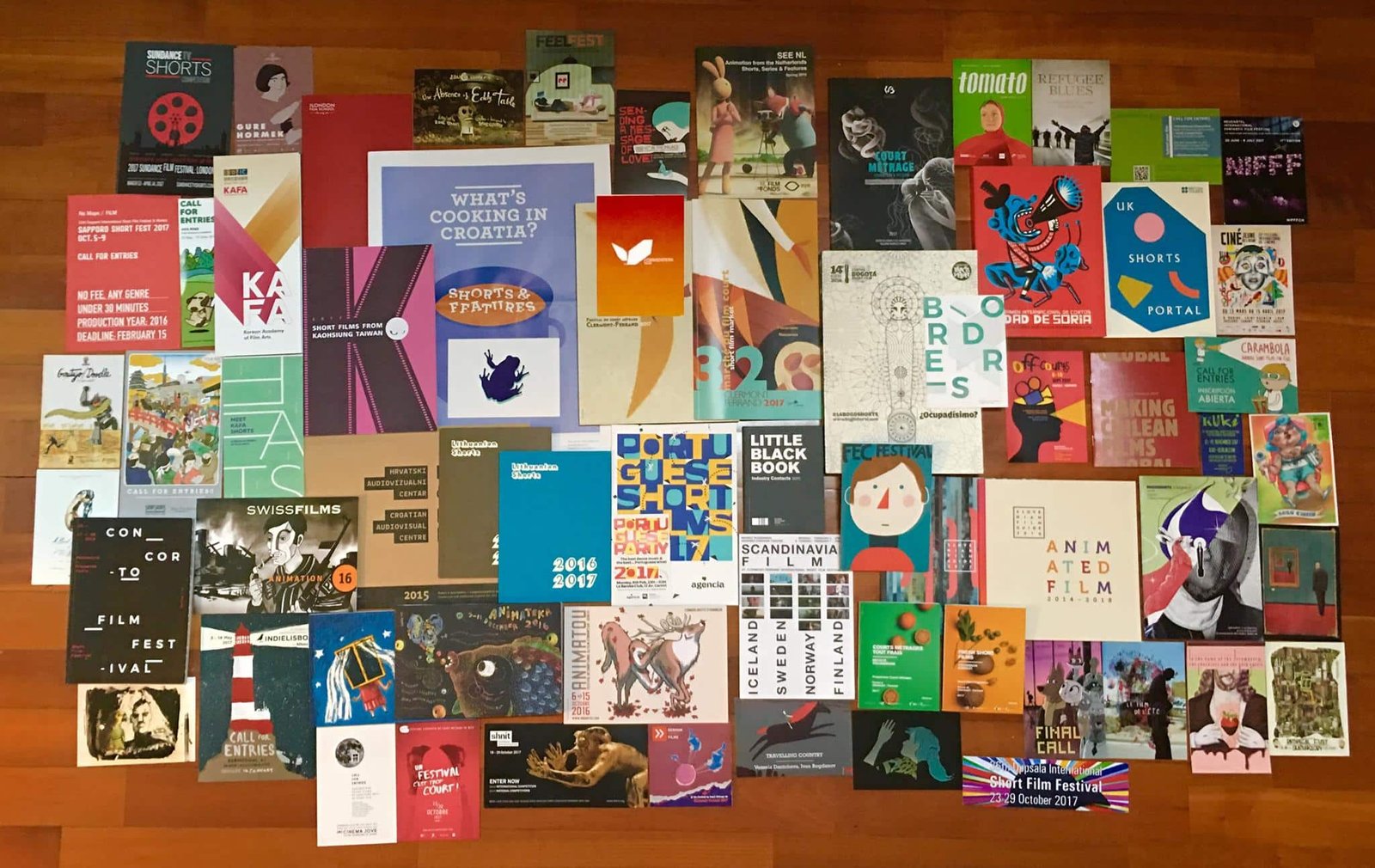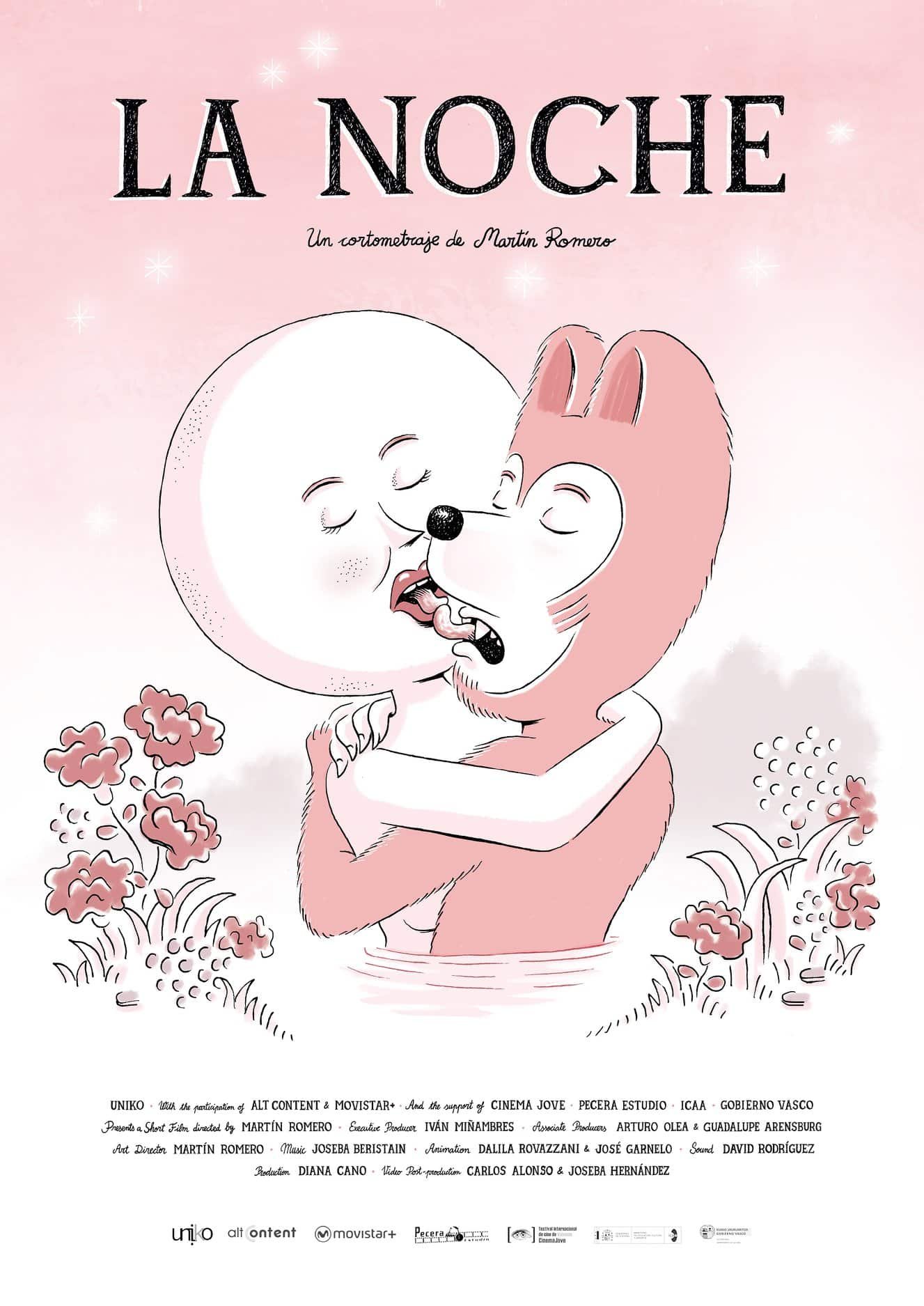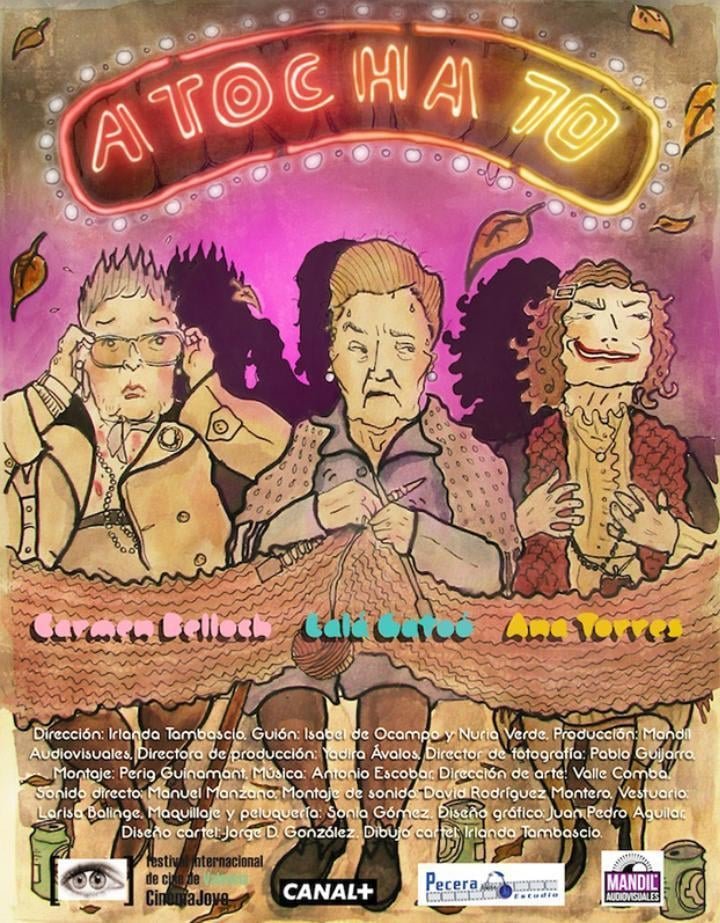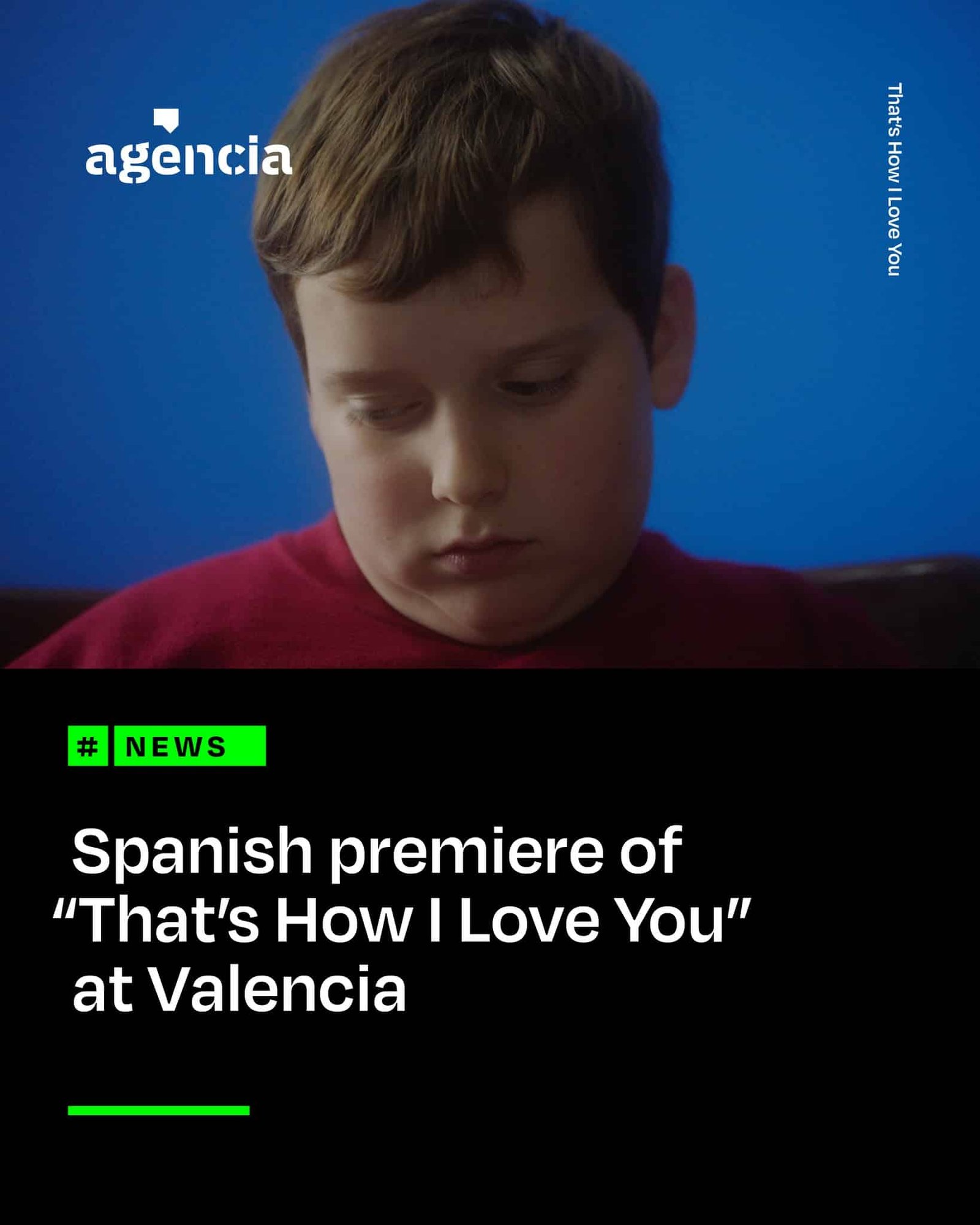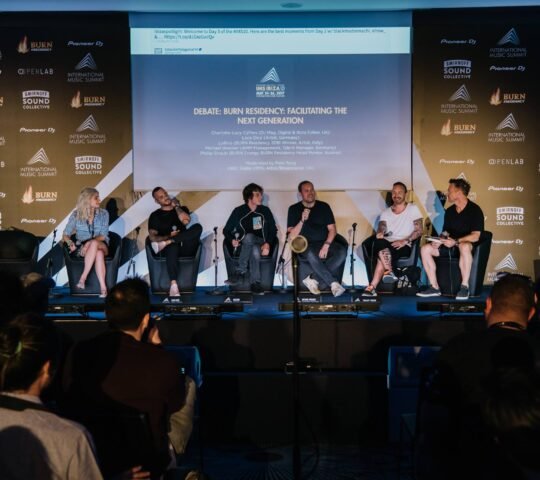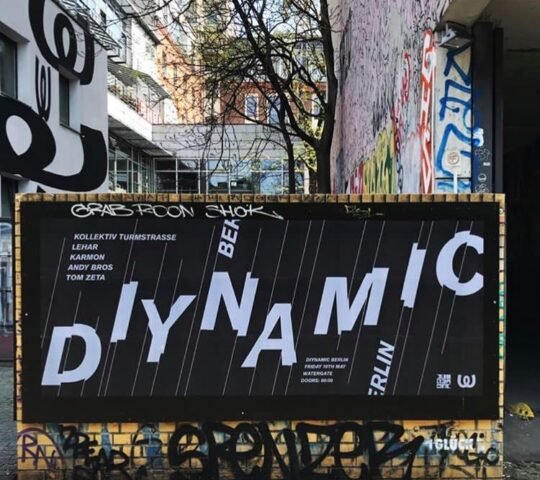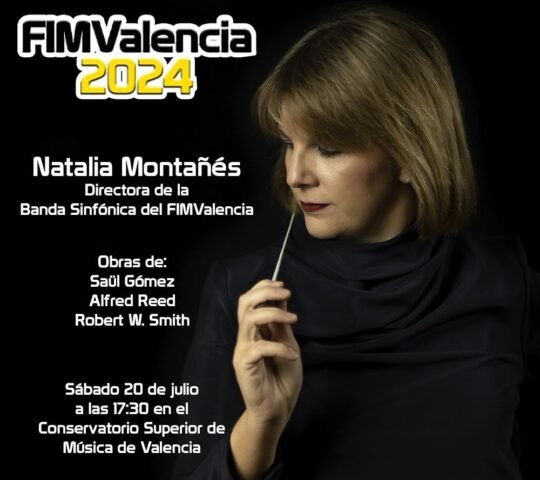Cinema Jove – Spain 2026
Background & History
- Origins: Established in 1986 as the Valencia International Film Festival – Cinema Jove, it began as a regional initiative to promote young filmmakers, particularly through short films by Valencian students, evolving into a globally recognized platform for directors under 40.
- Cultural Significance: As a FIAPF-accredited “Specialised Competitive Festival,” Cinema Jove is a vital forum for emerging international filmmakers, showcasing innovative narratives centered on youth, identity, and social issues, reinforcing Valencia’s status as a UNESCO Creative City of Media Arts.
- Evolution: From its early focus on local youth shorts, it expanded in the 1990s to include international feature films, added a series section in 2016, and introduced the Òrbites non-fiction section in 2023; the 2026 edition (41st) marks 40 years of championing young talent.
- Global Impact: Attracts 50,000+ attendees and 200+ industry professionals annually, premiering over 1,200 films since its inception, with alumni like Lynne Ramsay, Ruben Östlund, and Alejandro Amenábar achieving global acclaim at Cannes, Oscars, and Berlinale.
- Institutional Role: Organized by the Conselleria d’Educació, Cultura i Esport through the Institut Valencià de Cultura, it supports filmmakers via industry platforms like Curt Creixent (shorts) and ProMercat (features), contributing €1.5–2.5 million to Valencia’s economy.
- Milestones: The 2025 edition honored Radu Jude with the Luna de Valencia award, featuring retrospectives and youth-focused cycles; 2026 introduces augmented reality (AR) screenings and eco-themed documentaries, reflecting post-pandemic innovation.
- Community Engagement: Engages 5,000+ local students through the Audiovisual Meeting for Young People, offers free screenings, and collaborates with Valencian universities, fostering a pipeline for new filmmakers and cultural dialogue.
Event Highlights
- Official Long Films Section: Features 8–12 international films (60+ minutes, Spain premieres) by directors under 40, competing for awards like Best Feature; 2026 may include Latin American dramas or Asian coming-of-age stories, judged by a panel of industry veterans.
- Official Short Films Section: Showcases 15–20 shorts (up to 30 minutes, Valencian Community premieres), emphasizing bold storytelling; past winners have advanced to Cannes and Sundance, with 2026 focusing on experimental narratives.
- Official Series Section: International TV/web series competition (since 2016), with screenings and round tables on streaming trends; 2026 to highlight European micro-series and Nordic noir, featuring creators from platforms like Netflix and HBO Europe.
- Audiovisual Meeting for Young People: National section for 5–25-year-olds, divided into Children’s (up to 12), Youth (13–20), and Amateur (16–25); foundational since 1986, it includes workshops at Edificio Rialto and awards for student films.
- Òrbites Section: Introduced in 2023, this non-fiction competition features 10–15 documentaries and hybrid films, with 2026 emphasizing youth-led stories on climate change, migration, and identity, curated by documentary experts.
- Luna de Valencia Award: Honors a visionary director (e.g., Radu Jude in 2025) with a retrospective and masterclass; 2026 may spotlight a young auteur like Alice Rohrwacher, including Q&As and screenings of their early works.
- Non-Competitive Sections: High School cycle (teen-focused films from American, European, and Asian cinema); El Joven, La Joven (early films by masters like David Lynch or Agnès Varda); Premieres Cinema Jove (non-competitive new releases); and Dioses del Anime (Japanese animation showcase).
- Industry Area: Curt Creixent (shorts) and ProMercat (features) host pitch sessions, round tables, and 100+ professionals from 20 countries; 2026 introduces AR/VR workshops and panels on sustainable filmmaking, fostering global co-productions.
Date & Duration
- Dates: June 18 – June 27, 2026 (projected based on 2025’s June 19–28, typically third week of June, aligned with Valencia’s summer cultural calendar).
- Duration: 10 days, with screenings (10:00 AM–midnight), industry events (mid-week, 11:00 AM–6:00 PM), and galas on opening (June 18) and closing (June 27) nights.
- Key Schedule: Opening Gala at Teatro Principal (June 18, 8:00 PM); youth sections June 19–22; official competitions June 23–26; industry pitches June 24–25; awards ceremony June 27.
Venue / Location
- City: Valencia, Spain, a Mediterranean coastal city blending historic architecture (Ciutat Vella) with modern cultural hubs, recognized as a UNESCO Creative City for its vibrant film and arts scene.
- Main Venues: Teatro Principal (Calle de las Barcas 15, galas and feature films); Teatro Rialto (Plaza del Ayuntamiento 17, shorts and youth sections); CCCC Centre del Carme (Calle Museo 2, industry talks and exhibitions).
- Secondary Venues: Filmoteca d’Espanya (retrospectives, Sala 7); Espai Turia (Plaza de Viriato, outdoor High School cycle); La Fábrica de Hielo (C/ José Ballester Gozalvo 37, experimental and anime); Octubre CCC (Calle de Sant Ferran 12, panels).
- Notable Areas: Plaza de la Almoina (festival offices, accreditation); Colegio Mayor Rector Peset (student workshops); Russafa district for nightlife and pop-up events.
- Google Maps Address: Teatro Principal, Calle de las Barcas 15, 46002 Valencia, Spain (39.4740° N, 0.3765° W) – primary venue for opening and closing galas.
Ticket Information
- Ticket Sales: Available online at cinemajove.com (early bird until April 30, 2026), at venues (Teatro Rialto, CCCC box offices), or via email (info@cinemajove.com); accreditation requires name, ID, and 630x690px photo via online form.
- Admission: Single screenings $3–$5 USD (€2.50–€4.50); reduced rate $1.65–$2.20 USD (€1.50–€2) for students/seniors; free for youth sections, exhibitions, and select outdoor screenings.
- Pricing: Minimum $1.65 USD (€1.50, reduced single ticket); maximum $55 USD (€50, full festival pass for 10 screenings and galas).
- Packages: Festival pass $33–$44 USD (€30–€40) for all official sections; family bundle $11 USD (€10) for four people (youth and family screenings); student/educator accreditation free with proof (CV, student ID).
- Accreditation: Professional pass $11–$22 USD (€10–€20) for Curt Creixent/ProMercat access; submit by May 15, 2026, via cinemajove.com; includes industry events and priority seating.
- VIP Options: Luna de Valencia pass ($55 USD/€50) offers gala access, masterclasses with honorees, and reserved seats; limited to 100 passes, no lottery.
- Note: Films must be post-January 2025 for 2026 eligibility; Spain (features) or Valencian (shorts) premieres required; newsletter subscribers get early ticket access.
Contact Information
- Email: info@cinemajove.com (general inquiries, ticketing); accreditations@cinemajove.com (professional/student badges); press@cinemajove.com (media requests); talleres@cinemajove.com (workshops).
- Phone: +34 962 75 34 81 or +34 963 311 047 (English, Spanish, Valencian, French; 9:00 AM–5:00 PM, Monday–Friday).
- Website: https://cinemajove.com (programme, ticket sales, submission rules, newsletter signup, mobile app download).
- Social Media: @CinemaJove (Twitter, Facebook, Instagram, YouTube, TikTok for trailers, live Q&As, and festival highlights).
- Key Staff: Managed by Institut Valencià de Cultura under Conselleria d’Educació; festival director reachable via info@cinemajove.com.
- Press/Volunteers: Press accreditation via press@cinemajove.com (deadline May 2026); volunteer roles (ushers, tech, workshop assistants) open March 2026 via talleres@cinemajove.com.
- Response Time: 24–48 hours for email; social media replies within 12 hours during festival; live chat available at Teatro Rialto during events.
- Language Support: Spanish, Valencian, English, French; most screenings subtitled in Spanish/English; industry sessions offer translation.
Cultural Experience
- Youth Cinema Focus: Champions under-40 directors with bold narratives on identity, rebellion, and social change, aligning with Valencia’s youthful, creative energy as a Mediterranean cultural hub.
- Retrospectives and Cycles: Luna de Valencia award retrospectives (e.g., Radu Jude in 2025) feature masterclasses; High School cycle explores global teen stories; El Joven, La Joven showcases early works by masters like David Lynch or Agnès Varda.
- Industry Engagement: Curt Creixent and ProMercat host 100+ professionals from 20 countries, with pitch sessions, VR/AR workshops, and panels on sustainable filmmaking, fostering co-productions and career growth.
- Local Valencian Flavor: Screenings at historic venues like Teatro Principal pair with paella tastings and horchata stands, reflecting Valencia’s culinary and cultural heritage; outdoor events at Espai Turia evoke summer fiestas.
- Multicultural Narratives: Films in 10+ languages with subtitles, plus talks with global guests like Sean Baker or Icíar Bollaín, celebrate diverse storytelling, from Latin American indies to Asian animations.
- Youth Empowerment: The Audiovisual Meeting engages 5,000+ students (5–25 years) with filmmaking workshops, screenings, and mentorship by Valencian universities, nurturing the next generation of creators.
- Community Integration: Free outdoor screenings, pop-up events in Russafa, and collaborations with local art collectives like La Fábrica de Hielo create an inclusive, vibrant festival atmosphere.
Food & Drinks
- Paella Valenciana: Iconic rice dish with rabbit, chicken, and snails, served at Espai Turia pop-ups and nearby restaurants ($12–$18 USD).
- Horchata: Sweet tiger nut milk, a Valencian specialty, available at CCCC and La Fábrica de Hielo cafés ($3–$5 USD).
- Fideuà: Seafood noodle paella variant, offered during Teatro Rialto intermissions ($10–$15 USD).
- Vino de la Terra: Local Valencian red or white wines, paired with screenings at Octubre CCC ($4–$7 USD per glass).
- Bunyols de Carabassa: Pumpkin fritters, a sweet festival treat at Plaza de la Almoina stalls ($2–$4 USD).
- Non-Alcoholic Options: Agua de Valencia mocktail (orange juice-based) and fresh lemon granita, served at outdoor venues ($2–$4 USD).
Getting There
- Nearest Airport: Valencia Airport (VLC, 10 km from city center), with metro Line 3/5 to Colón ($2 USD, 20 minutes).
- Public Transport: Metro Lines 3/5 to Colón for Teatro Principal ($1.50 USD); buses 19/81 to CCCC or Rialto ($1.50 USD); tram to Russafa for La Fábrica de Hielo ($1.50 USD).
- Trains: AVE high-speed from Madrid to Valencia-Joaquín Sorolla ($30–$60 USD, 1.5 hours), then metro Line 1 to venues ($1.50 USD, 10 minutes).
- Taxis/Rideshare: Taxis from VLC airport ($20–$30 USD); Uber or Bolt for city rides ($5–$10 USD).
- Parking: Paid lots near Teatro Principal and Rialto ($15–$20 USD/day); Valenbisi bike shares ($2 USD/day) for eco-friendly travel.
- Walking: Central venues within 15–20-minute walk from Plaza del Ayuntamiento; festival app provides maps and real-time schedules.
- Accessibility: All venues wheelchair-accessible; free metro for disabled with Valencian mobility card; contact info@cinemajove.com for accommodations (book 7 days prior).
Accommodation Options
- Luxury: Hotel Las Arenas Balneario (beachfront, spa, $200–$350 USD/night).
- Mid-Range: SH Valencia Palace (near Teatro Principal, modern, $100–$160 USD/night); Casual Vintage Valencia (Russafa, retro vibe, $80–$130 USD/night).
- Budget: Hostal Venecia (central, basic, $40–$70 USD/night); Airbnb in Ciutat Vella or Russafa ($50–$80 USD/night).
- Boutique: Caro Hotel (historic convent, luxury design, $140–$220 USD/night); Vincci Mercat (near Central Market, $110–$170 USD/night).
- Hostels: Red Nest Hostel (central, vibrant, $25–$45 USD/night); Purple Nest Hostel (near CCCC, $20–$40 USD/night).
- Rural Stays: Masía La Mola (20 km, countryside retreat, $70–$110 USD/night).
Maps
Contact
Video
FAQ's
When and where does Cinema Jove 2026 take place, and what are its main sections?
June 18–27, 2026, across Valencia venues like Teatro Principal (39.4740° N, 0.3765° W), Teatro Rialto, and CCCC; features five competitive sections: Long Films (Spain premieres, under-40 directors), Short Films (Valencian premieres), Series, Audiovisual Meeting (youth 5–25), and Òrbites (non-fiction); plus non-competitive cycles like High School and Luna de Valencia.
How can I purchase tickets or apply for accreditation?
Tickets ($3–$5 USD, reduced $1.65–$2.20 USD) via cinemajove.com or box offices; festival pass $33–$44 USD; professional accreditation ($11–$22 USD) or free student pass requires name, ID, and 630x690px photo, submitted by May 15, 2026; early bird until April 30, 2026.
What types of films and events are featured, and who are past notable guests?
Showcases 8–12 features, 15–20 shorts, 5–10 series, and youth/student films, with 2026 focusing on eco-documentaries and AR screenings; past guests include Lynne Ramsay, Ruben Östlund, Alejandro Amenábar, and Radu Jude; industry events like Curt Creixent host 100+ pros.
How do I get to Valencia’s venues, and are they accessible?
Fly to Valencia Airport (VLC), then metro Line 3/5 ($2 USD, 20 minutes); venues within 15-minute walk in Ciutat Vella; parking $15–$20 USD/day; all sites wheelchair-accessible; contact info@cinemajove.com for mobility needs (book 7 days prior).
What opportunities exist for young filmmakers and community engagement?
Audiovisual Meeting offers workshops for 5,000+ students (5–25 years); Curt Creixent/ProMercat facilitate pitches and co-productions; free screenings and Q&As with directors like Icíar Bollaín engage locals, supported by Valencian universities and UNESCO initiatives.

